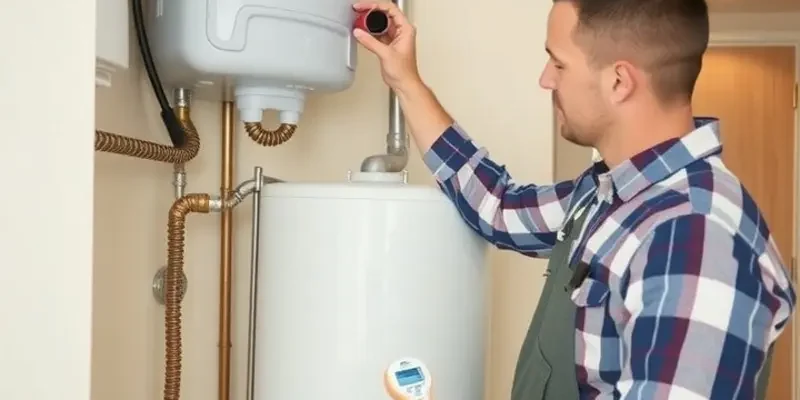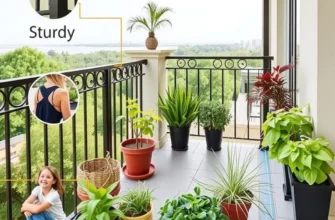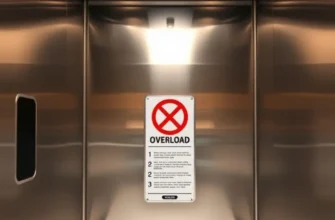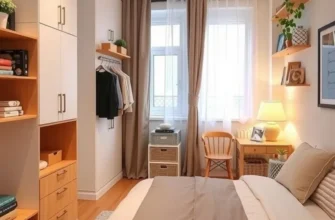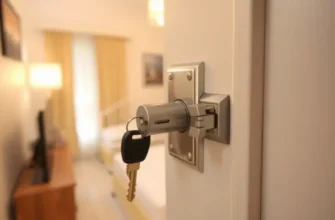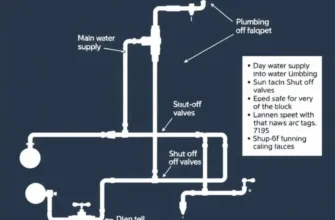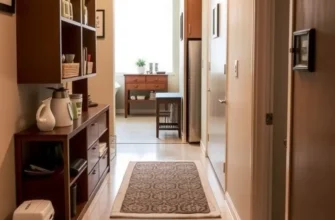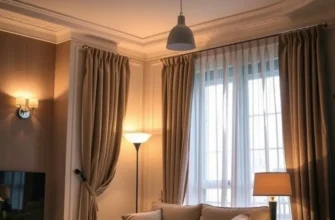Living in an apartment comes with its own set of unique responsibilities, particularly when it comes to safety and maintaining essential appliances like the water heater. For renters across the U.S., understanding how to maintain the water heater not only ensures a steady supply of hot water but also promotes safety and efficiency. It’s essential to be proactive in water heater upkeep, whether you’re concerned about ensuring your morning shower is warm or avoiding costly repairs down the line. By following straightforward maintenance tips, you can ensure your water heater operates smoothly while minimizing potential hazards. This guide will offer practical insights into regular maintenance, common signs of trouble, and what to do in case of an emergency. Whether you are a seasoned renter or just moving into your first apartment, becoming familiar with your water heater is a crucial step toward maintaining a comfortable and secure living environment.
Routine Checks for a Safe Water Heater
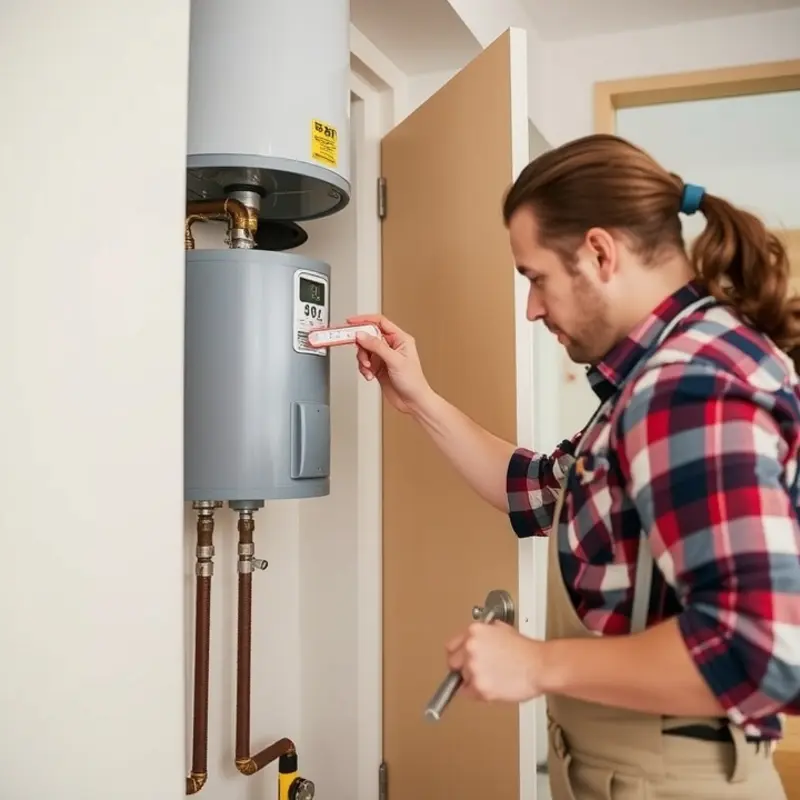
Routine maintenance of your apartment’s water heater is a cornerstone of ensuring both safety and comfort. While landlords are generally responsible for major repairs, renters have a crucial role in performing regular checks to identify potential issues early. Here are key areas to address during your routine inspections.
First, examine the temperature setting on your water heater. Maintain a setting at or below 120 degrees Fahrenheit to prevent scalding and reduce energy consumption. Excessively high temperatures can lead to dangerous burns, especially for children and elderly residents. This simple adjustment not only secures safety but also enhances the heater’s efficiency.
Next, inspect for leaks around the unit. Check for moisture accumulation or any visible water pooling near the base. Leaks often indicate a broken valve or loose connection, which could escalate into more significant water damage if ignored. Tighten any loose fittings with a wrench and monitor the area. Persistent leaks should be reported to your landlord promptly.
Water heaters should also be assessed for corrosion and rust on piping or the tank itself. These are signs of deterioration that compromise safety and efficiency. If you observe rust-colored water, which signals internal tank corrosion, inform your landlord as it may indicate a need for replacement.
Pay attention to strange noises, such as popping or rumbling sounds. These noises often result from sediment build-up at the tank’s bottom. Draining the tank annually can alleviate this issue, but this task should typically be handled by a professional or arranged through your landlord.
Taking these preventative measures offers several benefits. A well-maintained water heater reduces utility bills by operating more efficiently, and prolongs the appliance’s life, ultimately minimizing inconvenience. Moreover, it significantly reduces the risk of emergencies like leaks or water heater explosions.
Incorporating these checks into your regular household routine ensures peace of mind and preserves a comfortable living environment. For further tips on maintaining safety in your apartment, explore safe apartment laundry habits, which provides practical guidelines on ensuring domestic safety.
These proactive steps engage renters in the upkeep of their water heaters, bolstering overall apartment safety. Contribute to a secure home by conducting these checks regularly and communicating promptly with your property manager about any complications.
Responding to Water Heater Issues
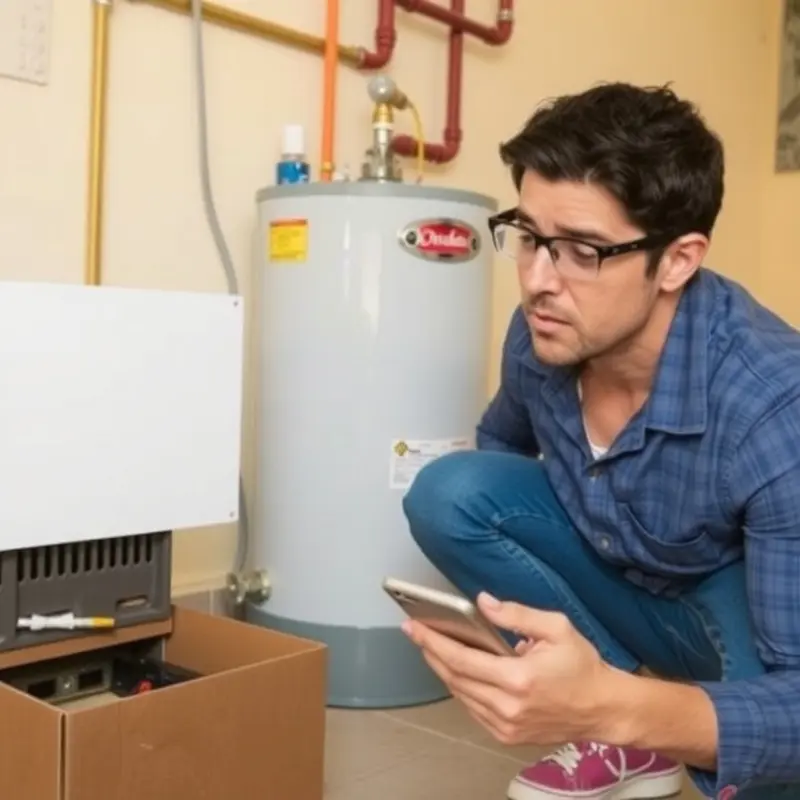
Even with regular upkeep, renters can encounter unexpected water heater problems. Timely recognition and response can prevent discomfort and potential damage.
Identifying Common Issues
One of the most noticeable signs of a malfunctioning water heater is irregular water temperatures. If your shower water is unexpectedly cold, it might indicate a heating element issue. Alternatively, if it’s too hot, the thermostat may need adjusting.
Unusual noises emanating from your heater can also signal problems. Banging or popping sounds often result from sediment buildup, which can lead to inefficiency or damage. Regular flushing can help prevent this, but accumulated sediment might require professional attention.
Visible leaks are among the most pressing issues. Even minor drips can escalate into significant water damage, posing a safety risk. Inspect the area around the water heater regularly for any signs of moisture.
Practical Response Steps
Upon encountering these signs, take immediate action. For irregular temperatures, ensure you have correctly set the thermostat. If the problem persists, consult your landlord or property manager; they may need to call a technician.
Address unusual noises by scheduling a routine sediment flush. Some renters handle this themselves if they have the know-how. If not, request professional help to avoid accidental damage.
In the case of leaks, thoroughly dry the surrounding area and use absorbent materials to control water spread until help arrives. Notify your landlord immediately so they can arrange for repairs. Persistent leaks might require valve replacement or more extensive maintenance from a professional.
Safety and Communications
Safety should always be a top priority. If ever you suspect a major malfunction like a gas leak, evacuate the premises, and contact emergency services immediately. Subsequently, inform your landlord about the situation.
Maintain open communication with your property management team, ensuring they are aware of any issues as they arise. It’s also useful to save contact details for a reliable local repair service, in case the landlord permits direct tenant engagement with repair technicians.
For comprehensive advice on maintaining a safe and functional rental living space, consider exploring safe apartment laundry habits, which can enhance overall safety protocols in your household.
Understanding these indicators and response strategies can help mitigate the inconvenience of water heater issues, ensuring a comfortable and worry-free home environment.
Final words
Keeping your apartment’s water heater in good working order is not only about comfort but also has significant implications for safety. Regular maintenance checks help spot potential issues early, ensuring a steady supply of hot water while preventing hazards like leaks or even fires. If something goes wrong, being prepared to act quickly can minimize damage and risk to your home. By following the guidance provided, you can ensure a safer and hassle-free living environment in your apartment. Remember, when in doubt, reaching out to a professional is always the best course of action.

